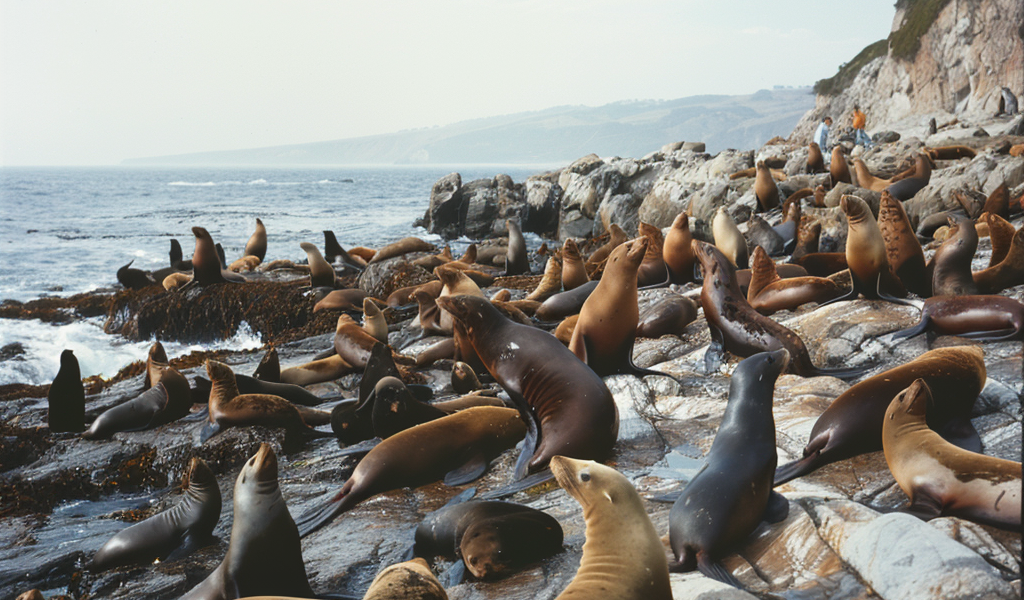An ongoing bird flu outbreak has led to the deaths of tens of thousands of seals and sea lions worldwide, causing economic losses at poultry farms and harming wild birds, according to scientists.
The outbreak began in 2020 and has resulted in the deaths of millions of domesticated birds and wildlife populations. While health officials currently do not consider the virus a threat to humans, experts have cautioned that the continued spread of bird flu could elevate the risks to humans.
Researchers have observed the impact of the virus on seals and sea lions in various regions, including the northeastern state of Maine and the South American nations of Chile and Peru. In the United States, the virus has been identified in seals on both the eastern and western coasts, with at least 300 seals succumbing to bird flu in New England and smaller numbers in Washington state’s Puget Sound.
South America has also seen a severe impact, with over 20,000 sea lions and thousands of elephant seals succumbing to the virus in Chile, Peru, and Argentina. While the virus can be controlled in domesticated animals, it spreads rapidly among wildlife and ocean mammals. Marcela Uhart, director of the Latin America program at the Karen C. Drayer Wildlife Health Center at the University of California, Davis, emphasized the rapid spread of the virus in wildlife and its ability to infect new areas through the movement of animals.
Scientists are still investigating the source of the infection in seals, with contact with infected seabirds being the most likely cause. The high death rates in South America have been attributed to the virus spreading rapidly among susceptible animals and species.
The impact of the bird flu outbreak on the world’s seal population is a growing concern, with scientists working to understand and address the spread of the virus to protect these vulnerable marine mammals.





